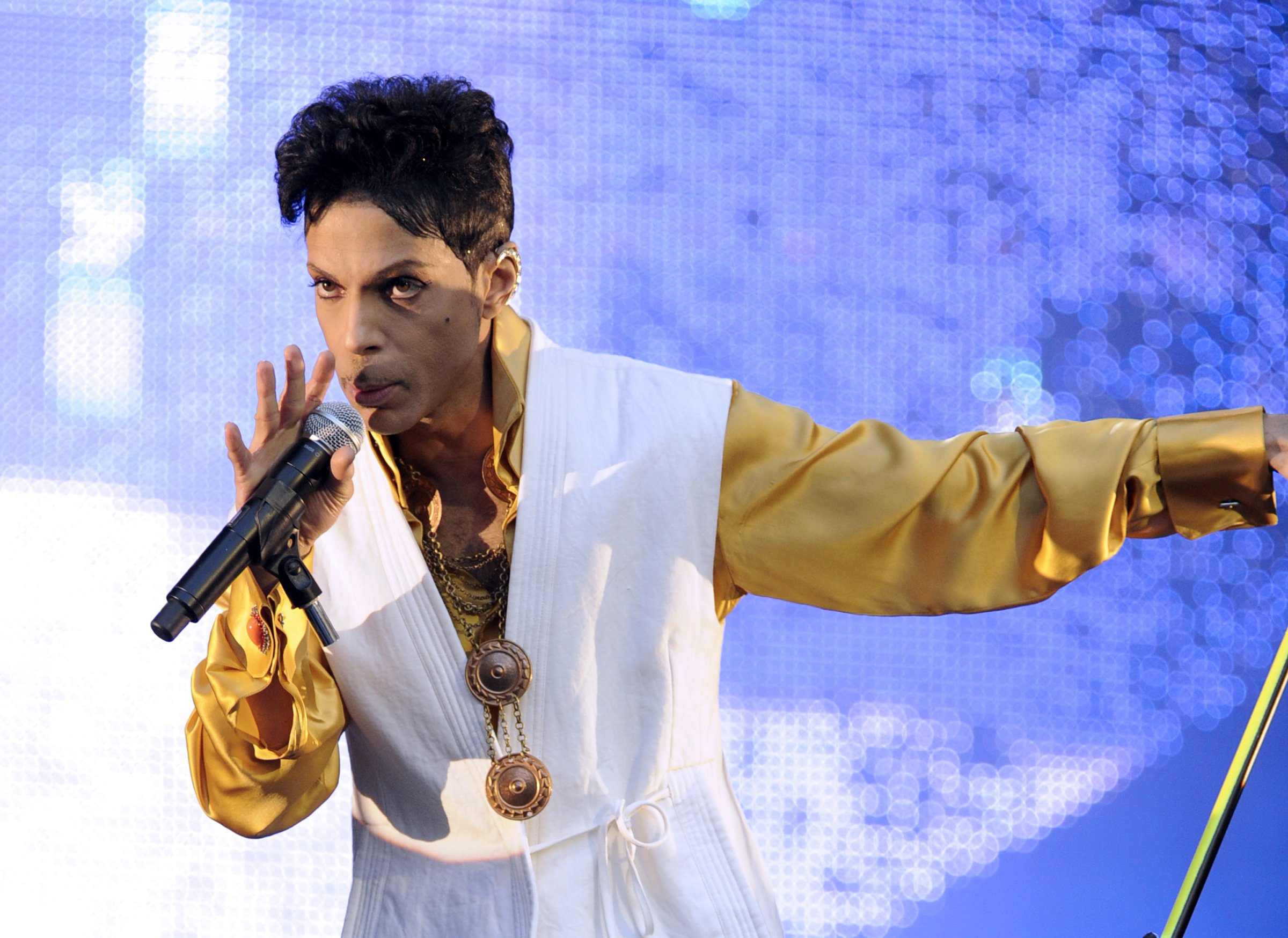
A cluster of celebrity deaths in recent months—from David Bowie to Prince—might have you wondering if there’s an epidemic spreading among the rich and famous.
Indeed, a BBC report looking at the number of obituaries the outlet has published this year compared to the same period last year suggests that there was in fact a spike in the first three months of 2016.
But a look through TIME.com archives suggests that the number of entertainer deaths on the site so far this year was fairly consistent with the number reported over the same period last year—21 in the first three months of this year, compared to 24 over the same period last year.
Here are a few potential explanations for why it might feel like more and more celebrities are dying:
Degree of fame
The celebrities that have died so far this year are unusually prominent, beloved figures. The 2016 deaths of David Bowie, Alan Rickman and Prince are more notable for most than, say, the 2015 deaths of Stan Freberg, Geoffrey Lewis and Johnny Kemp—as significant as they may have been. Some, like Prince or A Tribe Called Quest’s Phife Dawg, have also met unexpectedly early ends.
Pure chance
If there has indeed been an uptick in notable deaths it could be due at least in part to pure chance. Basic statistics tell us that sometimes similar events will occur in clusters, and sometimes they won’t occur at all. In the case of celebrity deaths, the number of deaths may be particularly high for a period, and then decline again for seemingly no reason. The total number may be unremarkable over a longer period of time.
A more diverse media
Since the decline of newspapers and magazines in the late 2000s, the online media has splintered into thousands of outlets — and the explosion of social media over the same time has created even more ways to disseminate and share news. So it’s likely people are finding out about deaths more quickly than before. Consumers of media may also perceive expanded coverage of celebrity deaths as an actual increase in the number of deaths.
End of an era
The extraordinary baby boomer generation that revolutionized popular entertainment in the 1960s and ’70s is now more likely than not to be in their 60s and 70s, when the odds of dying begin to tick upward. And some recently deceased celebrities found fame then; George Martin, for example, or Glenn Frey.
This era marked the beginning of modern fame, when the media began paying intense interest in a diverse range of stars (People magazine, for example, was launched in 1974). As this first generation of celebrities near the end of their lives, it’s only natural that more and more recognizeable names appear in the obituary columns.
More Must-Reads from TIME
- Cybersecurity Experts Are Sounding the Alarm on DOGE
- Meet the 2025 Women of the Year
- The Harsh Truth About Disability Inclusion
- Why Do More Young Adults Have Cancer?
- Colman Domingo Leads With Radical Love
- How to Get Better at Doing Things Alone
- Michelle Zauner Stares Down the Darkness
Write to Justin Worland at justin.worland@time.com